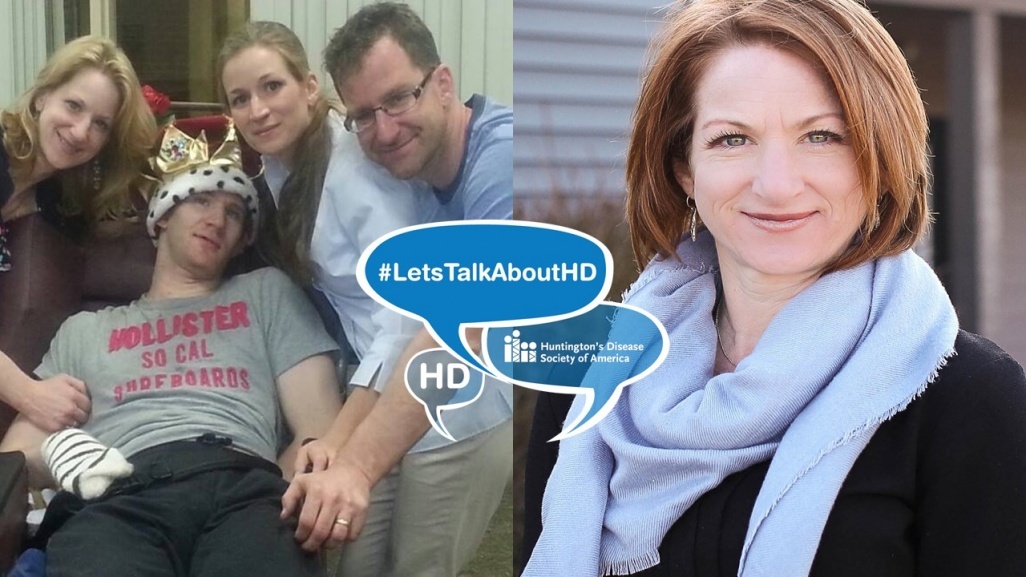
By Matthew Santamaria (msantamaria@hdsa.org)
New York resident Molly O’Malley Pitman has been impacted by Huntington’s disease (HD) her entire life. HD is a fatal genetic disorder that causes the progressive breakdown of nerve cells in the brain. It deteriorates a person’s physical and mental abilities usually during their prime working years and has no cure.
Molly’s father was an athletic person and one of seven children. He always went for walks as well as go fishing. He also served his country in the Vietnam War as his brother served at a different time.
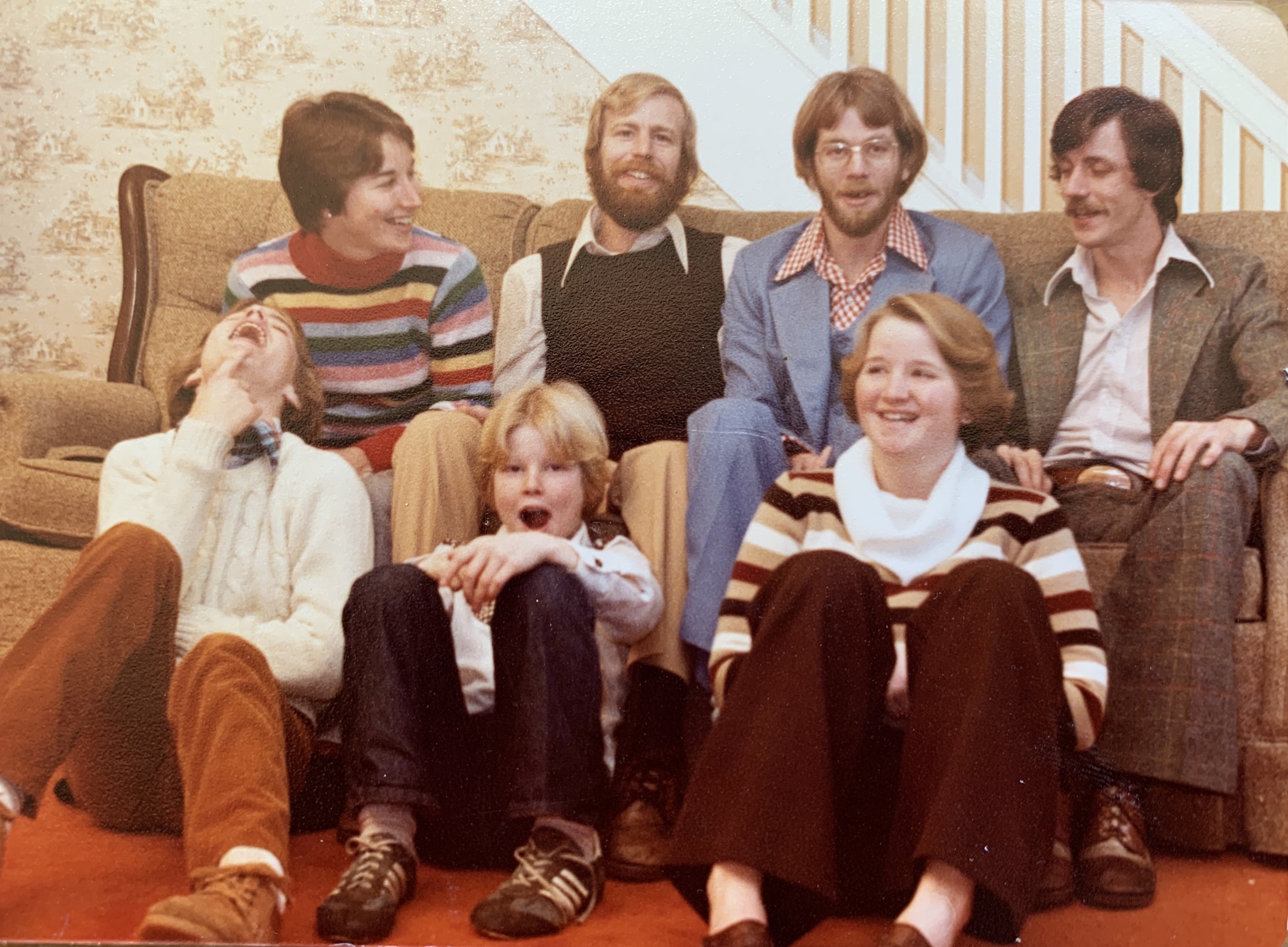
In his thirties, her father had a difficult time walking, unable to chew his food, and swallow food. He was also falling a lot.
The family thought this may have been a result of Agent Orange, a chemical that was used to clear plants and trees during the Vietnam War. Soldiers have died due to diseases related to Agent Orange.
However, a few of her father’s siblings started to experience similar symptoms to himself. According to Molly, they were raised in a home as things were not always openly discussed, her worries and concerns turned into fears.
Molly’s aunt Mary Ellen started to do more research of how the symptoms can explain what is going on. She would soon learn about HD and how it explains what has been going on.
HD is described as having ALS, Parkinson’s and Alzheimer’s diseases – simultaneously. Symptoms include personality changes, mood swings, depression, forgetfulness, impaired judgement, unsteady gait, involuntary movements, slurred speech, difficulty in swallowing, and significant weight loss.
Mary Ellen would become their caretaker as Molly has called her a “true inspiration.”
They were eventually placed into assisted living centers. According to Molly, five of the seven siblings have now passed away which includes her father. Her uncles died in their thirties. Her aunt also passed away.
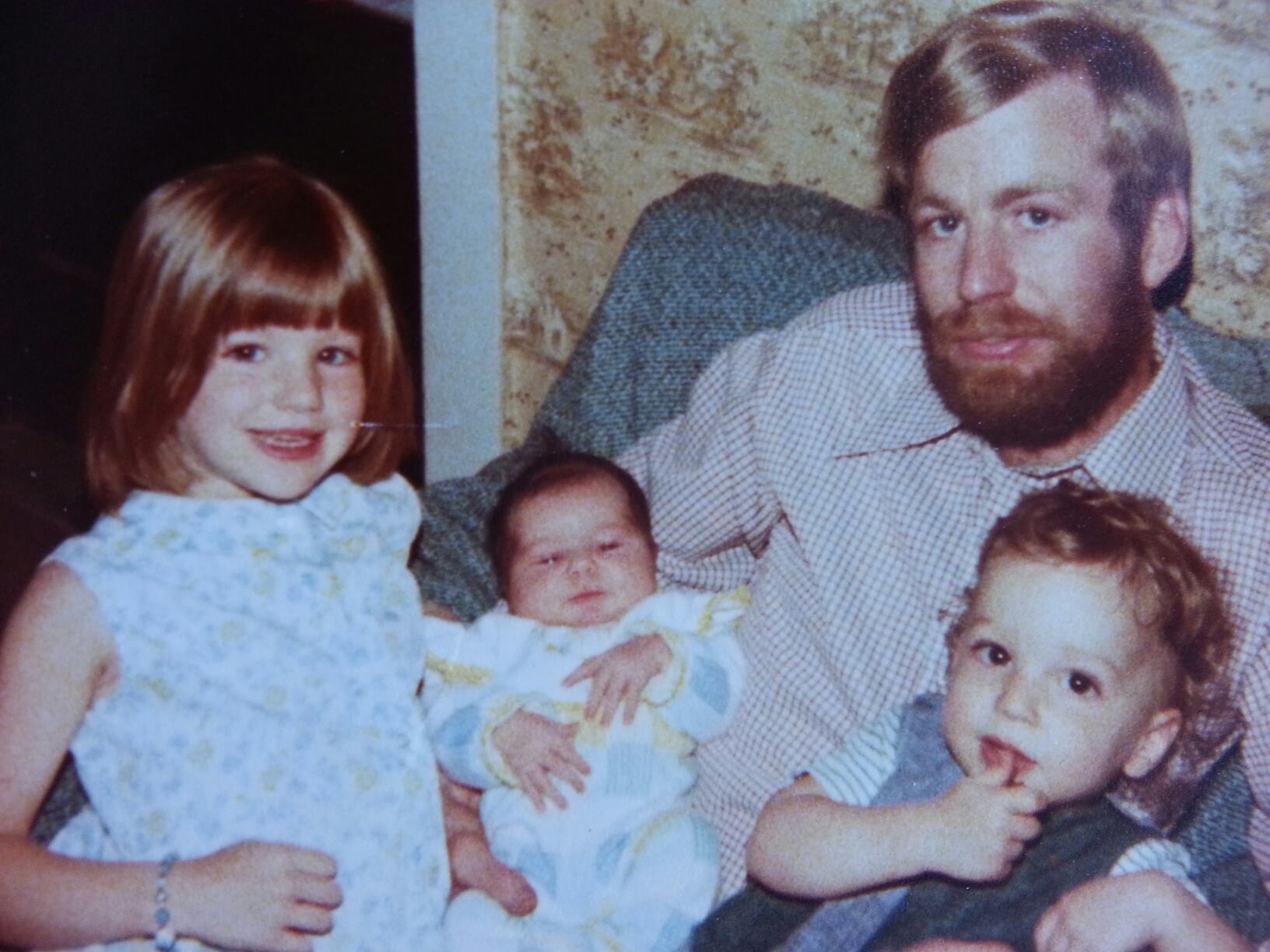
Molly is the eldest of five children at risk for HD. Every child of a parent with HD has a 50/50 chance of inheriting the faulty gene that causes Huntington’s disease.
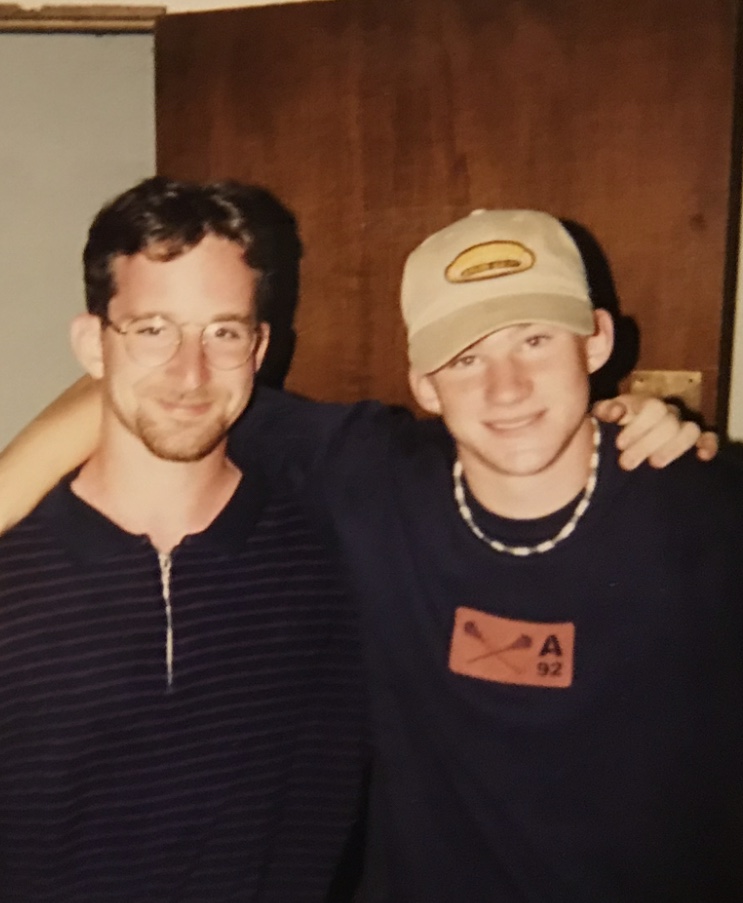
Molly’s younger brother Jay was an athlete like his father. However, he was diagnosed at 18-years-old and the symptoms progressed for him. He was placed in an assisted living center at a young age and was known as King Jay. He died at the age of 32-years-old. She was very close to her brother Jed. She called him a best friend. Jed also died in his thirties.
“Both lived the best life that they could,” said Molly.”
She had a sister, Katie, that was having a nervous breakdown and was picked up the police. According to Molly, the hospital that Katie was taken to did not know how to treat her and coked on medication that night. She was only 24-years-old. While he was alive, Jay was also arrested because the police thought he was drunk.
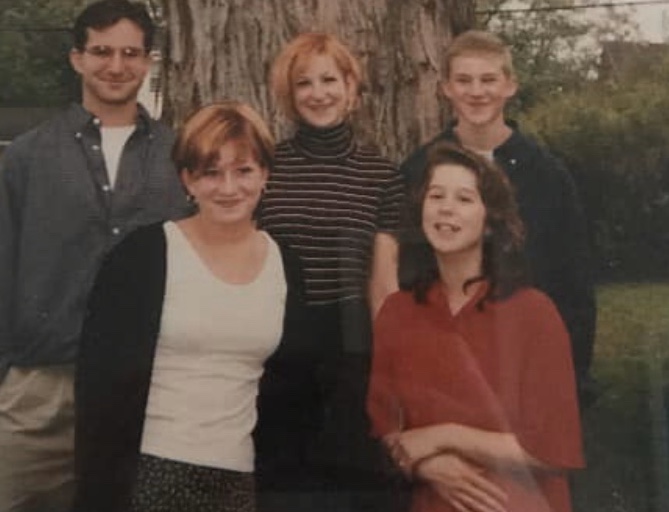
There have been cases of people with HD having difficult interactions with law enforcement because their symptoms are misidentified, misunderstood, or mishandled. The HDSA Law Enforcement Training Guide assists law enforcement officials to recognize symptoms common to individuals with HD, provide suggestions for addressing behaviors, and recommend solutions.
To read the guide, click here
As for Molly, she did not want to be tested or diagnosed because she believed in her gut that she did not have the disease. Molly has a daughter and a son. Her daughter started to ask more questions which led to Molly deciding to get tested for HD.
The decision to get genetically tested is difficult to make. Each year, 5-10% are tested. It is never the right or wrong decision to be tested. There are people that see no benefit in knowing that they will develop the disease while others want to know in order to make informed choices about their future. It can take up to several weeks to receive your results from the genetic testing center.
During the testing process, Molly had her husband and friend by her side to discuss possible symptoms. The genetic counselor wanted to make sure she was mentally okay. The result would come in and Molly tested negative for HD.
Molly went through survivor’s guilt as she lost many family members due to HD. She started to go to therapy which helped her in the long run.
Her son, Donovan, was diagnosed with autism. She saw the challenges of other families around her. This would lead her to open her own children’s activities center called Sweet Charlotte’s which is also a preschool located in Clarence, New York.
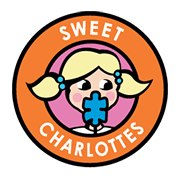
“As the parent of an autistic, I recognize the need to educate parents and families of affected children,” Molly explains. “By understanding what resources are available, parents can eliminate fear and become empowered to make the best choices for their children.”
She continues and raise awareness in the HD Community. Her niece is only 21-years-old and was diagnosed with HD. Molly wants a better future for not just her but everyone suffering with the disease that took her family members.
###
Huntington’s disease is a fatal genetic disorder that causes the progressive breakdown of nerve cells in the brain. It deteriorates a person’s physical and mental abilities usually during their prime working years and has no cure. Every child of a parent with HD has a 50/50 chance of inheriting the faulty gene that causes Huntington’s disease. Today, there are approximately 41,000 symptomatic Americans and 200,000 at-risk of inheriting the disease. In less than 10% of cases, juvenile Huntington’s disease (JHD) affects children & adolescents. JHD usually has a more rapid progression rate than adult onset HD; the earlier the onset, the faster JHD progresses. HD is described as having ALS, Parkinson’s and Alzheimer’s diseases – simultaneously. HD is characterized by a triad of symptoms, including progressive motor dysfunction, behavioral disturbance and cognitive decline.
The Huntington’s Disease Society of America is the premier nonprofit organization dedicated to improving the lives of everyone affected by HD. From community services and education to advocacy and research, HDSA is the world’s leader in providing help for today and hope for tomorrow for people with HD and their families.
To learn more about Huntington’s disease and the work of the Huntington’s Disease Society of America, visit www.HDSA.org or call 1(800)345-HDSA.
This is a story featuring a personal experience with Huntington’s disease. If you would like to have your story told please contact Matthew Santamaria at msantamaria@hdsa.org
New York resident Molly O’Malley Pitman has been impacted by Huntington’s disease (HD) her entire life. HD is a fatal genetic disorder that causes the progressive breakdown of nerve cells in the brain. It deteriorates a person’s physical and mental abilities usually during their prime working years and has no cure.
Molly’s father was an athletic person and one of seven children. He always went for walks as well as go fishing. He also served his country in the Vietnam War as his brother served at a different time.

In his thirties, her father had a difficult time walking, unable to chew his food, and swallow food. He was also falling a lot.
The family thought this may have been a result of Agent Orange, a chemical that was used to clear plants and trees during the Vietnam War. Soldiers have died due to diseases related to Agent Orange.
However, a few of her father’s siblings started to experience similar symptoms to himself. According to Molly, they were raised in a home as things were not always openly discussed, her worries and concerns turned into fears.
Molly’s aunt Mary Ellen started to do more research of how the symptoms can explain what is going on. She would soon learn about HD and how it explains what has been going on.
HD is described as having ALS, Parkinson’s and Alzheimer’s diseases – simultaneously. Symptoms include personality changes, mood swings, depression, forgetfulness, impaired judgement, unsteady gait, involuntary movements, slurred speech, difficulty in swallowing, and significant weight loss.
Mary Ellen would become their caretaker as Molly has called her a “true inspiration.”
They were eventually placed into assisted living centers. According to Molly, five of the seven siblings have now passed away which includes her father. Her uncles died in their thirties. Her aunt also passed away.

Molly is the eldest of five children at risk for HD. Every child of a parent with HD has a 50/50 chance of inheriting the faulty gene that causes Huntington’s disease.

Molly’s younger brother Jay was an athlete like his father. However, he was diagnosed at 18-years-old and the symptoms progressed for him. He was placed in an assisted living center at a young age and was known as King Jay. He died at the age of 32-years-old. She was very close to her brother Jed. She called him a best friend. Jed also died in his thirties.
“Both lived the best life that they could,” said Molly.”
She had a sister, Katie, that was having a nervous breakdown and was picked up the police. According to Molly, the hospital that Katie was taken to did not know how to treat her and coked on medication that night. She was only 24-years-old. While he was alive, Jay was also arrested because the police thought he was drunk.

There have been cases of people with HD having difficult interactions with law enforcement because their symptoms are misidentified, misunderstood, or mishandled. The HDSA Law Enforcement Training Guide assists law enforcement officials to recognize symptoms common to individuals with HD, provide suggestions for addressing behaviors, and recommend solutions.
To read the guide, click here
As for Molly, she did not want to be tested or diagnosed because she believed in her gut that she did not have the disease. Molly has a daughter and a son. Her daughter started to ask more questions which led to Molly deciding to get tested for HD.
The decision to get genetically tested is difficult to make. Each year, 5-10% are tested. It is never the right or wrong decision to be tested. There are people that see no benefit in knowing that they will develop the disease while others want to know in order to make informed choices about their future. It can take up to several weeks to receive your results from the genetic testing center.
During the testing process, Molly had her husband and friend by her side to discuss possible symptoms. The genetic counselor wanted to make sure she was mentally okay. The result would come in and Molly tested negative for HD.
Molly went through survivor’s guilt as she lost many family members due to HD. She started to go to therapy which helped her in the long run.
Her son, Donovan, was diagnosed with autism. She saw the challenges of other families around her. This would lead her to open her own children’s activities center called Sweet Charlotte’s which is also a preschool located in Clarence, New York.

“As the parent of an autistic, I recognize the need to educate parents and families of affected children,” Molly explains. “By understanding what resources are available, parents can eliminate fear and become empowered to make the best choices for their children.”
She continues and raise awareness in the HD Community. Her niece is only 21-years-old and was diagnosed with HD. Molly wants a better future for not just her but everyone suffering with the disease that took her family members.
Molly has a message for the HD Community:
“I have to create a legacy and do the best job that I can. Remember our heroes that lost their battle and embrace their meaning and impact that they had on our life. Be okay and talk about it. There is a community of people that want to be there for you. We need to talk about it.”
“I have to create a legacy and do the best job that I can. Remember our heroes that lost their battle and embrace their meaning and impact that they had on our life. Be okay and talk about it. There is a community of people that want to be there for you. We need to talk about it.”
###
Huntington’s disease is a fatal genetic disorder that causes the progressive breakdown of nerve cells in the brain. It deteriorates a person’s physical and mental abilities usually during their prime working years and has no cure. Every child of a parent with HD has a 50/50 chance of inheriting the faulty gene that causes Huntington’s disease. Today, there are approximately 41,000 symptomatic Americans and 200,000 at-risk of inheriting the disease. In less than 10% of cases, juvenile Huntington’s disease (JHD) affects children & adolescents. JHD usually has a more rapid progression rate than adult onset HD; the earlier the onset, the faster JHD progresses. HD is described as having ALS, Parkinson’s and Alzheimer’s diseases – simultaneously. HD is characterized by a triad of symptoms, including progressive motor dysfunction, behavioral disturbance and cognitive decline.
The Huntington’s Disease Society of America is the premier nonprofit organization dedicated to improving the lives of everyone affected by HD. From community services and education to advocacy and research, HDSA is the world’s leader in providing help for today and hope for tomorrow for people with HD and their families.
To learn more about Huntington’s disease and the work of the Huntington’s Disease Society of America, visit www.HDSA.org or call 1(800)345-HDSA.
This is a story featuring a personal experience with Huntington’s disease. If you would like to have your story told please contact Matthew Santamaria at msantamaria@hdsa.org
